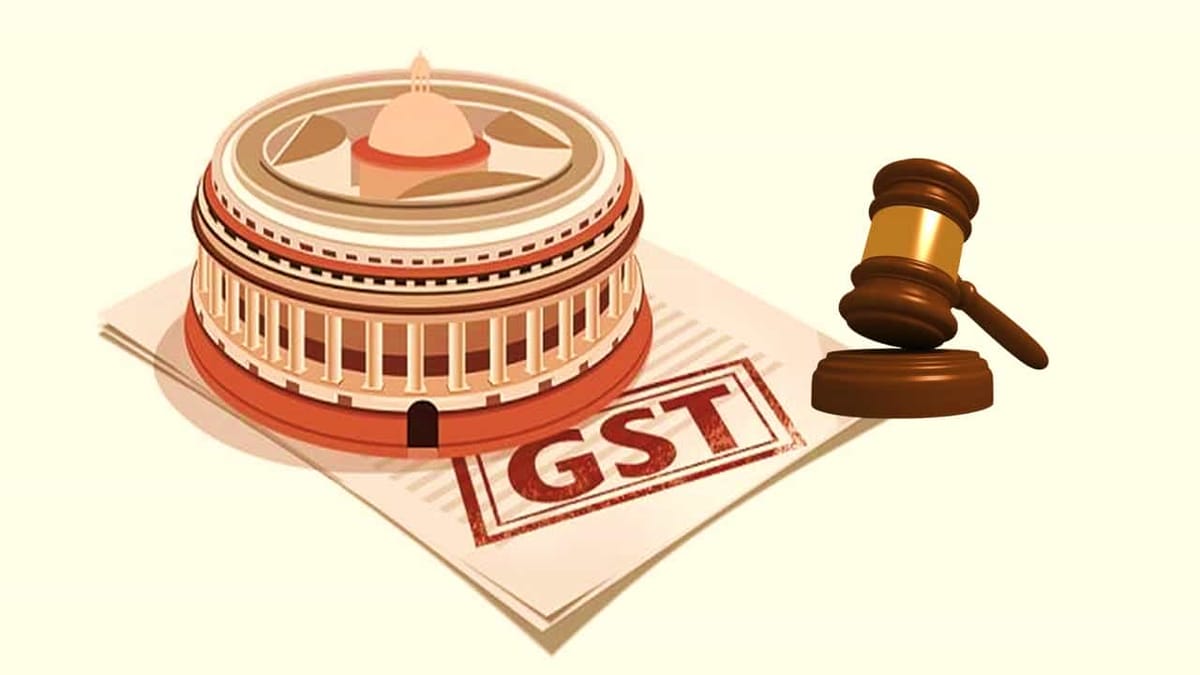Reetu | Dec 5, 2022 |

GST Act Decriminalisation: Is it a boon for India’s small businesses?
The Goods and Services Tax(GST) wad introduced in July 2017 and it was a bold step towards digitization of tax management. The Concept of GST introduction was making the uniform tax practice on supply of goods and services and to include 17 large taxes and 13 cess in it. The new system was framed to make more transparency in transactions, registration simplification and more importantly to reduced the compliance filing requirements.
Pre-GST, the indirect tax system were divided into two type of taxes i.e. central and states specific taxes. Central taxes includes central excise, service tax, central sales tax etc. and State specific tax includes VAT and entry taxes etc. All these indirect taxes had created a complex regulatory framework with serious repercussion for non-compliance.
Severe penal provisions for non-compliances provided by Central Excise Act which included monetary penalties and criminal provisions like imprisonment of 3-7 years. The administrators also had the rights to initiate the criminal proceedings in some cases: i). possession of goods like tobacco, pan masala rubber tyres etc. in excess to prescribed limit mentioned under Schedule II of the act. ii) In cases where assessee evade taxes by taking incorrect or false credit of duty. iii) In cases where assessee were liable for confiscation while dealing in goods.
With so many interconnected compliances, organisations struggled to meet all of their compliance requirements.
In current times, Chapter XIX of CGST Act sort the offences and penalties liable in GST regime. Section 122 of CGST Act lists 21 offences which may lead to tax evasion directly or indirectly, which can result the penalties equivalent to the amount evaded by the assessee.
Another section dealing with return submission and statistical data indicates a maximum penalty of Rs 5,000 and Rs 25,000, respectively.
Similarly, Section 132 of CGST Act determines the criminal provisions for specific types of offences. The section includes approximately 11 offences that may result in criminal proceedings. Some of them are: i) Supply of goods or services without issuing an invoice in order to avoid paying taxes. ii) Input tax credit claimed on the above-mentioned invoice or false claim on input tax credit without any invoice. iii) Misrepresents or replaces financial data or creates false accounts in order to evade taxes.
Following punishable offences and imprisonment for a period is levied based on the amount of tax evaded or ITC wrongly availed:
1. Value of amount exceeds Rs.5 crore: Imprisonment may extend to 5 years
2. Value of amount exceeds Rs.2 crore: Imprisonment may extend to 3 years
3. Value of amount exceeds Rs .1 crore: Imprisonment may extend to 1 years
It was reported a month ago that the administration is working on decriminalisation certain GST offences by raising the bar for launching prosecution and lowering charges for compounding of offences.
1. Central government is likely to initiate one of the major alteration of GST provisions after 5 years. The initiative is possibly to raise the threshold limit for introducing criminal proceedings and also review the current compounding provisions to promote ease of doing business scheme for small businesses and specifically differentiate between minor offences and willful duty evasion.
2. GST evasion of Rs 5 crore or more attracts a 5-year prison sentence, while GST evasion of Rs 2 crore to Rs 5 crore carries a 3-year sentence, and GST evasion of Rs 1-2 crore will attract a 1-year sentence. In the event of a repeat offence, the sentence might be five years in prison. Such harsh provisions are expected to be repealed by removing the minimum jail term.
3. Government is planning to make GST Offences up to Rs.20 crore compoundable.
4. Some circumstances that would trigger Indian Penal Code provisions but are not required by the GST Act are likely to be verified and eliminated. According to the article, the government would primarily deal with sections 38, 83, 132, and 133 and will alter them properly after the GST Council grants its approval.
These and other suggestions are likely to be presented before the GST Council during the upcoming 48th GST Council Meeting.
Several governmental initiatives have been made in recent years to increase the ease of doing business in India. One of the most visible is the movement for the decriminalisation of business-related laws, rules, and regulations.
Source: Economics Times
In case of any Doubt regarding Membership you can mail us at [email protected]
Join Studycafe's WhatsApp Group or Telegram Channel for Latest Updates on Government Job, Sarkari Naukri, Private Jobs, Income Tax, GST, Companies Act, Judgements and CA, CS, ICWA, and MUCH MORE!"